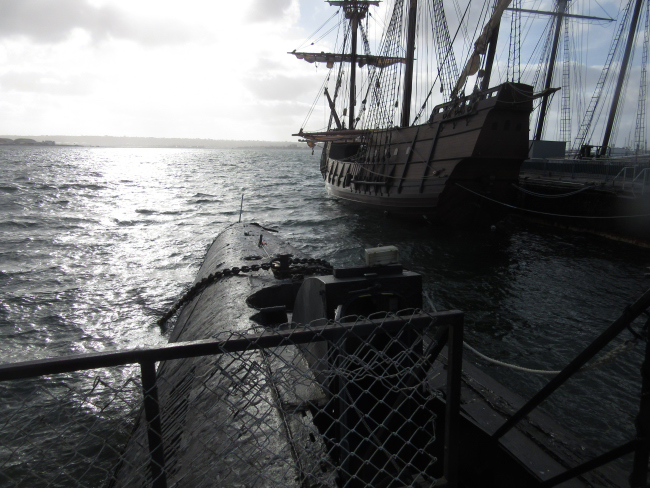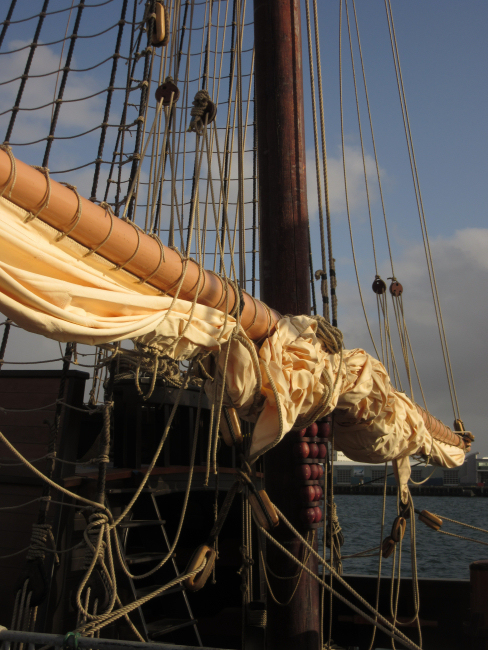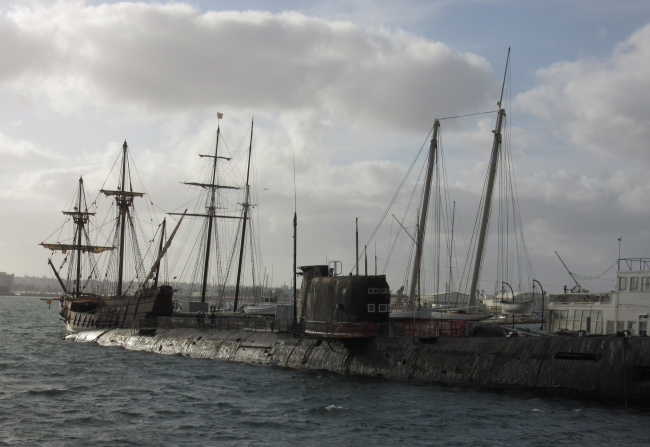
Well, things can get pretty crazy around here on a Saturday night, let me tell you. Last night I had a scotch, watched an episode of Touch of Frost, and spent two hours reading about 1620 to 1630 or so in England. I know, you can't imagine the scale of my debauchery.
"No Other Love", the episode of Touch of Frost I watched, was easily the grimmest and morally murkiest of the series I've seen so far. The season finale from 1997, the episode has two crimes occurring next door to each other--a pawnbroker is robbed while next door an elderly woman murders her husband with a kitchen knife.

The pawnbroker's story ends up being far more sinister than it at first seems, involving child abuse, rape, and incest like a miniature Chinatown. The elderly couple, meanwhile, has Frost feeling sympathy for the murderer who stabbed her grouchy husband in a fit of annoyance because he wouldn't let her listen to a song on the radio without interrupting to demand she make him breakfast, a song that reminds her of their child who died due to her husband's negligence.
The story's a bit over the top in its melodrama but actress Jean Heywood gave a really nice performance as Olive--interviewed by Frost she shows the conflict of deciding what she ought to tell being overridden by the fact that she doesn't care anymore.
The other case has Frost feeling sympathy for the murderer, too, though ends up being a far more tangled affair. There's still a little pat morality in the episode, especially in a scene where a young woman wistfully looks at a child after she's had an abortion, but all in all I liked the complexity at work and I liked that we see Frost having a lot of trouble dealing with it instead of being an edifice. But that was part of the strength of the first episodes of the series where we saw Frost was having to mourn a recently deceased wife while carrying on with his job.
I don't know if I mentioned the book I found on England Under the Stuarts last year--roughly covering the 17th century. Written by G.M. Trevelyan and first published in the early twentieth century, it has some antiquated mannerisms to its style. Trevelyan has a distressing tendency to refer to the superiority of the English "race" and he avoids discussing homosexual relationships of the English monarchs. In the latter case, the effects these relationships had on the policies of James I and Charles I are too great to ignore but the best Trevelyan can bring himself to do is refer to the great love the kings felt for certain men that made them "favourites"; "After Buckingham he [Charles I] never loved any man; he had many good servants, but never again one that was dear to him."
However, I really love Trevelyan's ability at bringing a sense of story to his recounting of history. I love his tendency to put events into perspective, tying them to other events and to other aspects of life in England at the time.
The girl of fifteen who landed in June as Queen of England, gossiping to her French women of the dances and duels of their land, and aglow with virtuous recollections of her confessor's precepts for conduct among heretics, looked or felt no more like a queen of tragedy than did Marie Antoinette on her way from Vienna to Versailles. Yet Henrietta Maria was bringing into England the feud of parties yet unformed, the wild terrors of the Popish Plot, the furies of the Exclusion Bill and the wrath that should unite bitter foes to drive her son James II to the land whence now she came.

















































